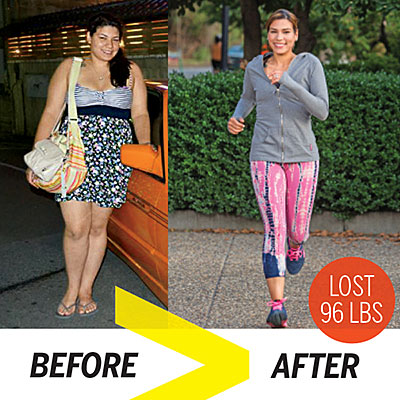Are you a compulsive eater?
Compulsive eating is a behavior driven by desire to reduce anxiety rather than by feelings of hunger. Obsessive thoughts and compulsive behaviors reduce anxiety and distress, but they create a self-perpetuating cycle. The eating activity provides temporary relief, but it is followed by further distress in the form of guilt, shame, and disgust. This often leads to a vicious cycle of binge eating and depression. Compulsive eating can be a behavior used to fill a void, suppress uncomfortable emotions, cope with problems or to create a state of numbness to everything that is going on. Triggers can be anxiety, depression, stress, boredom or loneliness, dieting, and low self-esteem.
Self-criticism will not stop the eating behavior. Diets make the problem worse. At first there may be some weight loss success, but with the hunger and restriction eventually comes a binge response. This overeating episode brings in feelings of failure and even more depression. Will power will not cure compulsive overeating. Creating rules around eating will not solve the problem. Compulsive overeating is a coping behavior that must be recognized as such and dealt with by learning and incorporating other behaviors which are at least as effective as eating.
SYMPTOMS OF COMPULSIVE EATING:
(This is not a complete list of signs and symptoms. Nor must a person have every symptom on the list to have compulsive eating behaviors.)
* Eating normally in front of others and compulsively overeating alone.
* Eating late at night or while others are asleep.
* Hiding a private stash of junk food.
* Unhappy with body weight.
* Always thinking about food.
* Eating to feel better.
* Not enjoying the food being eaten.
* Feeling out of control and unable to stop eating during binges.
* Continuing to eat even after feeling full.
* Becoming anxious while eating.
* A history of diet failures.
* Depression.
* Feels guilty and ashamed of binge eating.
* Worrying while eating.
* Eating frantically, barely chewing food.
* Hiding food.
* Eating secretly.
* Bingeing after a diet.
* Hunger creates a feeling of vulnerability and uneasiness.
If you recognize yourself as a compulsive eater - take heart! There is hope and there is healing. I believe that people with addictive eating behaviors are unique, creative, caring and sensitive individuals who need to find a connection back with their true inner spirit. Try things like a good quality acai supplement, and get yourself an ab belt to help keep your body in trim.
Recovery occurs as an individual develops a sense of their own spirit and self and body, and a belief that their emotions are valid, important, and worth noticing.
-
Try These Tips If You Want To Lose Weight
Thousands dream of weight loss but they become frustrated trying to f
-
How To Burn Body Fat For Good
Okay Guys, are you ready to get rid of that belly fat? Are you tired o
-
Geeting Started With A Weight Loss Program Is Easy
A lot of people want to lose weight. The impression we have is that we
-
The Diet Solution Program By Isabel De Los Rios
The Diet Solution Program is a kind of nutrition manual. It is written
-
Chin Liposuction Surgery is Safe and Very Effective
Chin liposuction surgery is quite a simple procedure and it is also on
-
How Can I lose 10 lbs Fast?
It is no longer news when you hear in news segments that our populatio
- DON'T MISS
- Are Herbal Diet Pills Right For You?
- meizitang slimming recommends you four golden rules for losing weight
- Your Hidden Weapons of Fat Destruction:
- Fatburning Furnace Review : Fatburning Furnace Scam
- 9 Hidden Toxins Lurking in Your Food
- Get Rid Of Unwanted Belly Fat With A 10 Minute Workout
- Fat Burning Furnace Fitness
- Diet, Eating, Salt And Sodium: Shake Up Your Diet With Heart Healthy Diet Tips
- Everloss - Need a Weight Loss Journal? Try This Slimming Program!
- Are HCG Diet Injections Safe?




